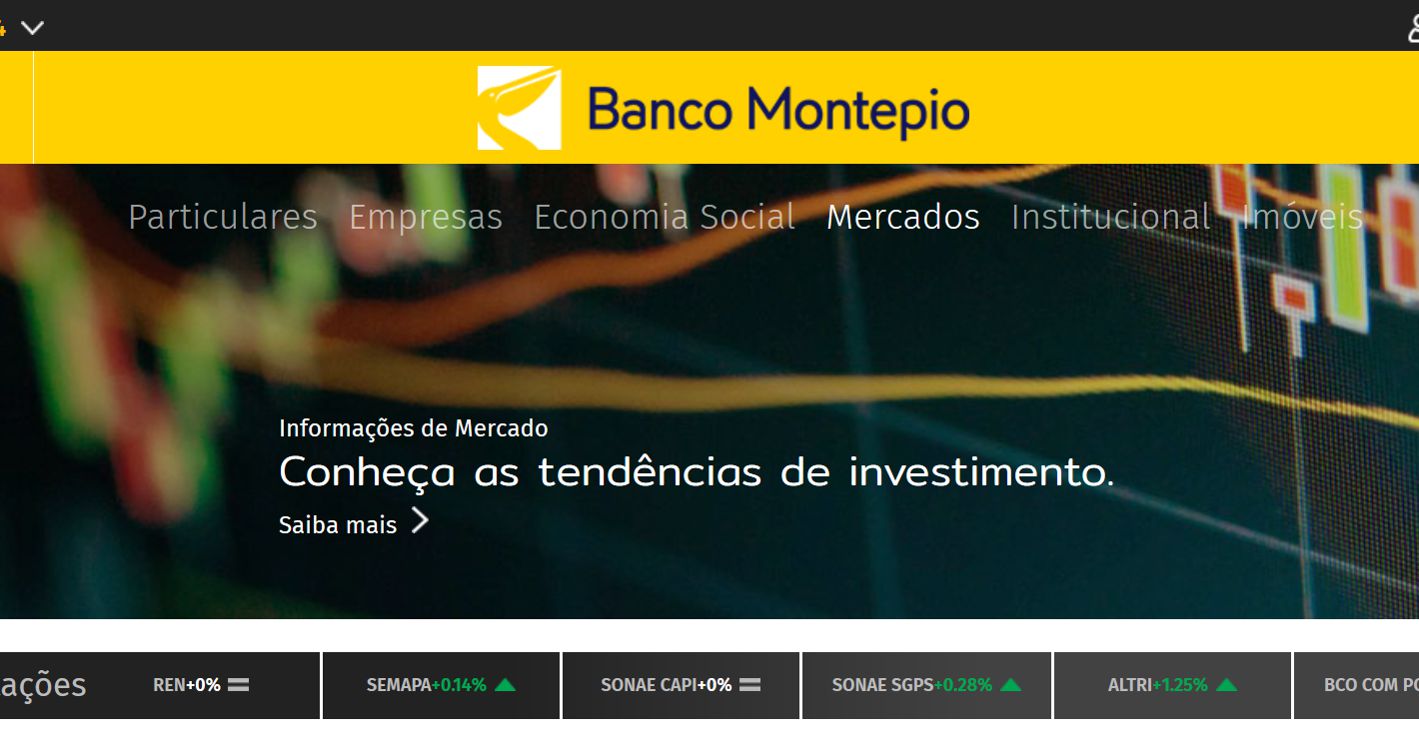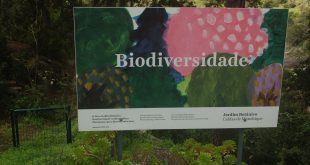Saturday, 17th October 2020
There are topics of far more importance than Covid-19 or an election featuring Donald Duck. I myself, for example, would be interested in knowing what plans we are making for the future of humankind and what we refer to as “our economy”? This is a fundamental question that has to be addressed and answered. 2020 is the year to take a break, to give ourselves time for some fundamental thinking about certain issues: whether, and, if so, how, ecology and the economy can be made to work together.
It is interesting to observe how the contents of the press releases of major companies have changed in the past few months. Until quite recently, they generally informed us about the company’s profits, now they focus on the colour green. The colour green? Yes, the climate-neutral economy is in fashion. Fears about the future are widespread. Singing the praises of the multinationals’ environmental efforts has replaced reporting the returns on their investments. To put it simply: until recently, those who invested in a company hoped that, after a certain time, they would have more money in their pockets than before. The greater the gain, the better – that was what people tended to think. Now everything is different. In times of crisis, people are asking themselves, where exactly are we going?
I’ve been reading that the Swedish company Tetrapac will shortly be able to manufacture its products under conditions of almost complete climate neutrality. ‘Shortly’, ‘almost complete’…? The same goes for Nestlé, Volvo, Airbus and many others, all of a sudden. So far, so good? Volkswagen’s CO2 fraudsters, too, by the way. Considering the Tetrapac product, however, I don’t really see anything truly climate-neutral about it, as we could simply avoid the waste created by Tetrapac by buying locally. Tetrapac is made from crude oil. So, what then is climate-neutral about this? What is truly climate-neutral are the oranges (fresh fruit), which you press to obtain juice. Tetrapac? Why? I myself take a jug and buy fresh milk directly from the farmer, and sometimes even produce yoghurt, kefir and cheese from it. I can do without the waste from Tetrapac. The same goes for Nestlé and the many others now trying to reach the green pastures that will save their image and their business. I’ve boycotted Nestlé all my life.
Let’s look at another highly topical subject. The oldest Portuguese mutual savings bank, Montepio Geral, founded in 1844, with 328 branches and the highest number of registered members (over 600,000), is in a bad way, with losses of 408.8 million euros in 2019. Montepio’s board of directors have made a series of poor judgements in recent years and it is rumoured that the bank is about to be taken over by the larger BCP Millennium, a universal bank founded in Porto in 1985. The question that occurs to me is whether Montepio would be able to go it alone if it operated more transparently, if it was managed sustainably and if it adhered to ecological values? Naturally, this kind of therapy (strategy) is impossible to prescribe from one day to the next, nor can it be imposed from the top down. Sustainability always grows up from below, like a tree with a firmly anchored root system. And this takes time. However, this is the question now: to what extent can banks and the financial sector in Portugal operate in a green way?

Should a bank give itself ethical guidelines? Should it only invest in values that are sustainable? Sustainable values guarantee stability. This should be what guides any economic activity. Which is why the colour green is becoming the absolutely crucial question for the economy and the financial system in particular. Why invest in GALP or EDP rather than in the COOPERNICO cooperative? Strong foundations have ecological standards and guidelines that will stand firm tomorrow. in the same way that they are standing firm today. They include transparency guidelines, as well as a business policy that is designed to save resources in order to allow future generations the chance to live. This is the deepest meaning of sustainability. A bank such as Montepio, a cooperative bank moreover, has to reinvent itself now, or else it will be swallowed up and vanish. This, by the way, is true for all companies, not only banks.
How then can banks invest in values that don’t create waste, that are not involved in arms deals, that don’t exploit our water resources until they are exhausted, and that don’t promote monocultures, nor encourage social exploitation? Here in Portugal, more than ever before, we need a proper bank that doesn’t invest in genetic engineering, but in a local and sustainable agriculture; a bank that won’t invest in fossil fuels, but rather in green and clean mobility and energy production; a bank that will invest in sound native mixed woodlands that are healthy today and will remain so tomorrow, rather than in monocultures such as eucalyptus, etc. Do these values exist in our economy? Unfortunately, the answer is (still) no, hardly at all.
The so-called downsizing of our economy has started in these times of coronavirus. Airlines are going bankrupt, car manufacturers and their supply and distribution chains are fighting for survival, not to mention hotels and, well, banks. This also holds true for the debts of a state that throws money after bankrupt airlines, and a tourism industry based on property development schemes that are destroying the land. Where do people fit into all of this?
I’ve yet to find a truly cooperative bank in Portugal that will only invest in ethical and sustainable values; a bank that will finance the climate-conscious refurbishment of houses in Porto and Lisbon, and invest in rebuilding the burnt-down houses in the countryside to protect them against the effects of the heatwaves, storms and forest fires caused by the climate crisis; a bank that will invest in small farmer-led regional agricultural companies involved in organic and socially responsible farming and in regional chains for the distribution of healthy food, in sustainable business and sound training. While I have no time or patience for greenwashing, a real green economy could become a reality. A circular economy. In which case, a project such as Acredita Portugal would make sense, if a bank were to present a solution for itself and its clients. The success of a project such an Acredita Montepio depends on the answer to the question as to whether the economy and ecology can indeed be made to work together.
 Eco123 Revista da Economia e Ecologia
Eco123 Revista da Economia e Ecologia



